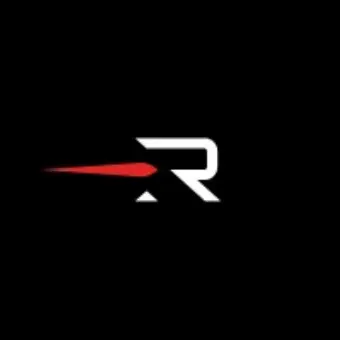ABOUT ROCKET LAB
Rocket Lab is a global leader in launch and space systems. The rockets and satellites we build and launch enable some of the most ambitious and vital space missions globally, supporting scientific exploration, Earth observation and missions to combat climate change, national security, and exciting new technology demonstrations. Our Electron rocket has provided reliable access to orbit since 2018, becoming one of the most frequently launched rockets in the world. Neutron will be our next rocket on the launch pad, an advanced 13-tonne payload class, reusable rocket to launch the mega constellations of the future. Our space systems business includes our extensive line of satellites and components that have enabled more than 1,700 missions including the James Webb Space Telescope, NASA Psyche Mission, Artemis I, Mars Ingenuity helicopter, and more.
Join our pioneering team and launch your career to new heights!
Based out of Rocket Lab's headquarters in Long Beach, CA the Fluid Systems Engineer is responsible for critical Neutron vehicle & facility fluid systems from design through build and launch. You will work in the Fluid System team and deliver functional vehicle and ground systems required to operate Neutron.
WHAT TO EXPECT
We’re on a mission to unlock the potential of space to improve life on Earth, but that’s not an easy task. It takes hard work, determination, relentless innovation, teamwork, grit, and an unwavering commitment to achieving what others often deem impossible. Our people out-think, out-work and out-pace. We pride ourselves on having each other’s backs, checking our egos at the door, and rolling up our sleeves on all tasks big and small. We thrive under pressure, work to tight deadlines, and our focus is always on how we can deliver, rather than dwelling on the challenges that stand in the way.
Important information:
FOR CANDIDATES SEEKING TO WORK IN US OFFICES ONLY:
To conform to U.S. Government space technology export regulations, including the International Traffic in Arms Regulations (ITAR), Rocket Lab Employees must be a U.S. citizen, lawful U.S. permanent resident (i.e., current Green Card holder), or lawfully admitted into the U.S. as a refugee or granted asylum, or be eligible to obtain the required authorizations from the U.S. Department of State and/or the U.S. Department of Commerce, as applicable. Learn more about ITAR here.
Rocket Lab provides equal employment opportunities to all employees and applicants for employment and prohibits discrimination and harassment of any type without regard to race, color, religion, age, sex, national origin, disability status, genetics, protected veteran status, sexual orientation, gender identity or expression, or any other characteristic protected by federal, state or local laws. This policy applies to all terms and conditions of employment at Rocket Lab, including recruiting, hiring, placement, promotion, termination, layoff, recall, transfer, leaves of absence, compensation and training.
Applicants requiring a reasonable accommodation for the application/interview process for a job in the United States should contact Giulia Biow at [email protected].This dedicated resource is intended solely to assist job seekers with disabilities whose disability prevents them from being able to apply/interview. Only messages left for this purpose will be considered. A response to your request may take up to two business days.
FOR CANDIDATES SEEKING TO WORK IN NEW ZEALAND OFFICES ONLY:
For security reasons background checks will be undertaken prior to any employment offers being made to an applicant. These checks will include nationality checks as it is a requirement of this position that you be eligible to access equipment and data regulated by the United States' International Traffic in Arms Regulations.
Under these Regulations, you may be ineligible for this role if you do not hold citizenship of Australia, Japan, New Zealand, Switzerland, the European Union or a country that is part of NATO, or if you hold ineligible dual citizenship or nationality. For more information on these Regulations, click here ITAR Regulations.
